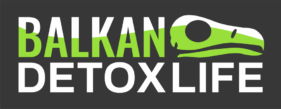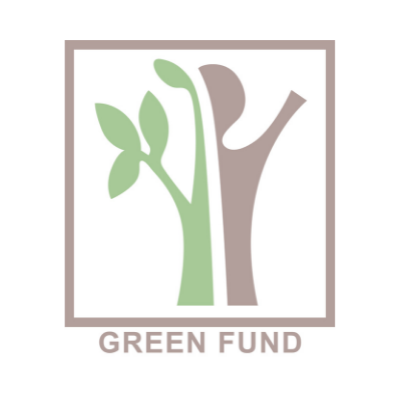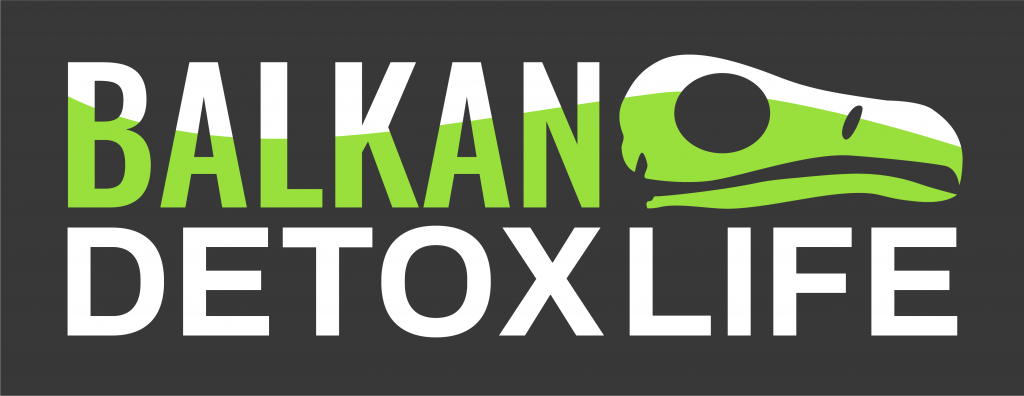Legislation
Wildlife poisoning is a serious wildlife crime considered illegal and punishable by law in the Balkans
In most Balkan countries, the placement of poison baits in the natural environment has been considered a crime and an illegal activity for decades. The BalkanDetox LIFE project aims to raise awareness about the severity of this practice and build capacities among critical stakeholders to facilitate the prosecution of offenders, helping discourage the practice of illegal wildlife poisoning in the region.
Wildlife Poisoning is a Wildlife Crime in the Balkans
Legislation
Fines, Penalties and Administrative Sanctions
Albania

Administrative penalties in Albania concerning the use of poison baits for the extermination of wild fauna species can include a fine of 100.000 to 200.000 ALL (equivalent to 800 to 1600 EUR). According to the Criminal Code in the country, penalties relating to killing, destroying, possessing and taking specimens, parts, or by-products of protected species of wild flora and fauna can include a fine or up to seven years of imprisonment.
Bosnia and Herzegovina

Killing wild animals in Bosnia and Herzegovina can be treated as an offence and as a criminal act. If treated as an offence, private citizens can receive a fine of 5 to 5.000 EUR and legal entities a fine of 100 to 100.000 EUR. If treated as a criminal act, perpetrators can receive fines of 250 to 50.000 euros or a prison sentence of up to one year.
Bulgaria

The Bulgarian Biodiversity Act provides a sentence of up to 5 years in prison and a fine of 10.000 to 20.000 thousand BGN (equivalent to 5.000 to 10.000 EUR) for the unlawful killing or damage of an endangered species. Additionally, according to the Penalty Code, if a wild non-protected animal is affected, the minimum fine is 500 EUR and the maximum 2.500 EUR. If the species is protected, the minimum penalty is 2.500 EUR and the maximum 10.000 EUR.
Croatia

Illegal wildlife poisoning in Croatia can result in fines of up to 4.000 EUR for private citizens, or up to, but not exceeding, 66.000 EUR for legal entities, and up to 3 years of imprisonment. The Croatian Criminal Code does not prescribe minimum penalties.
Greece

When species of wild avifauna are illegally poisoned in Greece, penal actions can include a fine of 100 to 300 Euros and a one-year jail sentence. Furthermore, additional administrative sanctions can be imposed when necessary, such as withdrawal of hunting license and confiscation of gear. However, when pets are poisoned, the national legislation foresees much heavier penalties, which can include incarceration of up to ten years, and a fine that can sum up to 50.000 EUR.
Republic of North Macedonia

According to both the Hunting and Nature Protection Laws, when the use of poisonous substances results in mass losses, local exhaustion or serious disturbance of species’ populations, relevant offenders can be fined between 1.500 to 3.000 EUR in the Republic of North Macedonia. According to the Criminal Law, hunting for mass killing can result in financial penalties or up to three years in prison. Furthermore, under the Criminal Law, people who store, disintegrate or keep hazardous waste, including illegal toxic substances, can be penalized by a prison sentence from one to five years
Serbia

The criminal offence of killing, torturing or injuring animals, especially in the case of protected species, is punishable by a fine from 10 to 10.000 EUR (for one individual) or imprisonment for up to three years. The Serbian criminal code does not prescribe minimum penalties.
Currently, capacities and law enforcement related to wildlife and environmental laws hold very low priority in most Balkan countries, so there are almost no convictions for wildlife poisoning or minimal sentences are executed. The BalkanDetox LIFE project aims to shift this approach. The project will carry out the necessary educational work to stress the severity of wildlife poisoning and wildlife crime in general to help make it a pressing matter. At the same time, the project will train and transfer best practice from European countries such as Spain, who are experts and experienced in dealing with these issues, to strengthen institutional capacities in the Balkans.

















